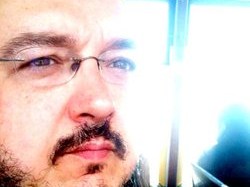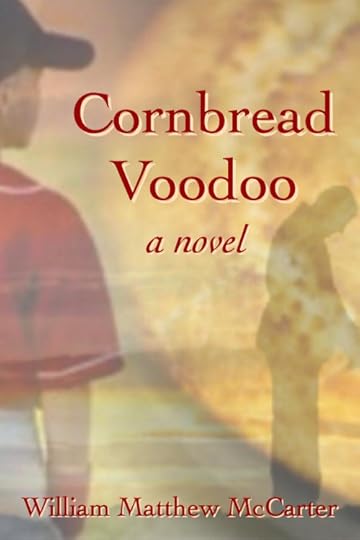(via Breaking the Mold of Coming of Age Novels)By William...


(via Breaking the Mold of Coming of Age Novels)
By William Matthew McCarter
Like many Americans, I grew up reading coming of age novels and I cut my teeth on Huckleberry Finn in Junior High School before graduating to S.E. Hinton and the emerging genre of the young adult novel. Nearly all of these books were coming of age novels. If you are an author who is considering writing a coming of age novel, here is my perspective on the genre and how I have adapted it to my own purposes.
Those who study literature have a name for many of these novels – the bildungsroman. Some of the greatest works in literature fit within this category – Jane Eyre, David Copperfield, and even A Portrait of the Artist As A Young Man fit within this broad category.
Writing a coming of age story means focusing on the psychological development of the main character or protagonist. The common way to write these novels is for the main character to gradually gain maturity through the trials and tribulations of the conflict or conflicts in the novel.
While I enjoyed the genre as a young man (and still do), there has always been something that nagged me about these coming of age novels.
Traditionally, by the end of the novel, the protagonist comes to accept the values that are espoused by the mainstream culture and “comes of age” into that culture. This is how the conflict or conflicts are resolved.
As a writer, this resolution never appealed to me. I didn’t grow up in a mainstream culture–my “coming of age” happened in a small poor rural town. So, in sitting down to write my own novel I asked, “Why must the protagonist always conform to the mainstream culture?” So, I began looking for novels that didn’t.
One novel I found that challenged the traditional coming of age story was Salinger’s Catcher In The Rye. While the book seems to break that mold, Holden Caulfield is just plain irritating to me. It doesn’t take much to run around town calling people “phonies.” In fact, I think there was a Family Guy episode that makes fun of that very idea. I guess Seth McFarland didn’t care much for Holden Caulfield either. In my own coming of age novel, “Cornbread Voodoo,” I have tried to create a Holden Caulfield that I could actually like – a Holden Caulfield that I thought people like me could live with.
I think it was Toni Morrison who said that if there is a book that you want to read that hasn’t been written yet, you have to write it. That is, essentially, my approach to the coming of age novel – it is a story that has seldom been told that needs to be written. My advice to writers looking to craft a coming of age story is to find your story that needs to be told — even if it breaks the mold of the genre.



